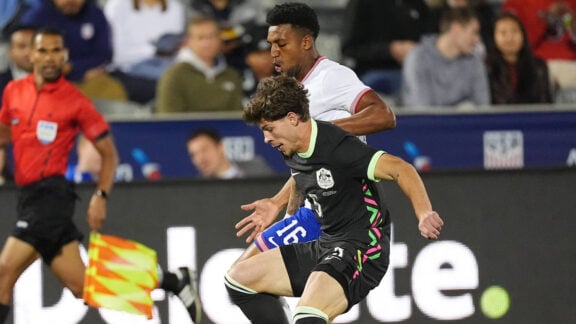The future of Ford’s operations in Australia, including its Geelong plant, appears to be in question once again with widespread speculation that the car maker will stop production in Australia in 2016.
With many seeing Ford’s exit as inevitable when the current Falcon ceases production in four years, last month the company announced it was cutting production by more than 25 per cent at a cost of 440 jobs across Australia, half those losses being at the Geelong plant.
Ford will cut production from 209 units a day to 148 by November because the large-car market segment is down around 25 per cent on previous years.
One of three remaining car makers in Australia, Ford recently received $34 million from the federal government and cash from Victoria to continue making the Falcon and Territory in Melbourne.
With supply companies reeling from the slump in car manufacturing, the knock-on effects have been brutal.
Jimmy Mastrandonakis, AWU Vice President and the union’s lead organiser for Metro Melbourne, told Neos Kosmos that his main concern is that the true scale of the problem is not widely appreciated.
“The figures that are being put around about job losses really don’t reflect the kind of satellite effect this is having. If there are 10,000 people working for car makers, there are probably 100,000 more who are affected in the supply companies.”
Mastrandonakis deals with many companies affected by closures and lay-offs due to the crisis in the components sector.
“A classic example is a company like CMI car components in Victoria which has just had to close, another is Bosch, who have gone from thousands of employees down to more like a hundred,” says the union organiser, who believes a critical part of the equation is in the kind of cars being made in Australia.
“There are a whole range of reasons why this situation is occurring,” he says. “The margins are really tight. It’s to do with the high Australian dollar, the increasing number of cheap imported cars, and people wanting smaller cars, which we haven’t been successful in making here.”
“The reality is people in Australia aren’t buying Australian-made cars anymore, it’s having a huge affect, and companies have been slow to respond to what the market wants here.”
Mastrandonakis says that while he personally believes Ford will continue its operations beyond 2016, the likelihood is that the numbers of workers it employs will be substantially reduced.
“We’re all hoping that their investment in new technology will mean new models coming out,” he says, “but there has to be investment by these companies. It’s alright to have handouts from government, but investment in new technology is needed and companies have been slow to respond to that.
“If you’re in the business of making T-shirts then that can be most easily done in China, but if you’re investing in technology which other markets can’t compete with, then we have an upper-hand.
“It’s going to get tougher and it’s beyond the Ford situation, but one thing we’re good at in Australia is creating high-standard manufacturing.”
Mastrandonakis’ advice to the car manufacturers is simple: “A bit of strategic thinking would be nice. Stop making big cars and start making cars that people want.”
Advertisement








